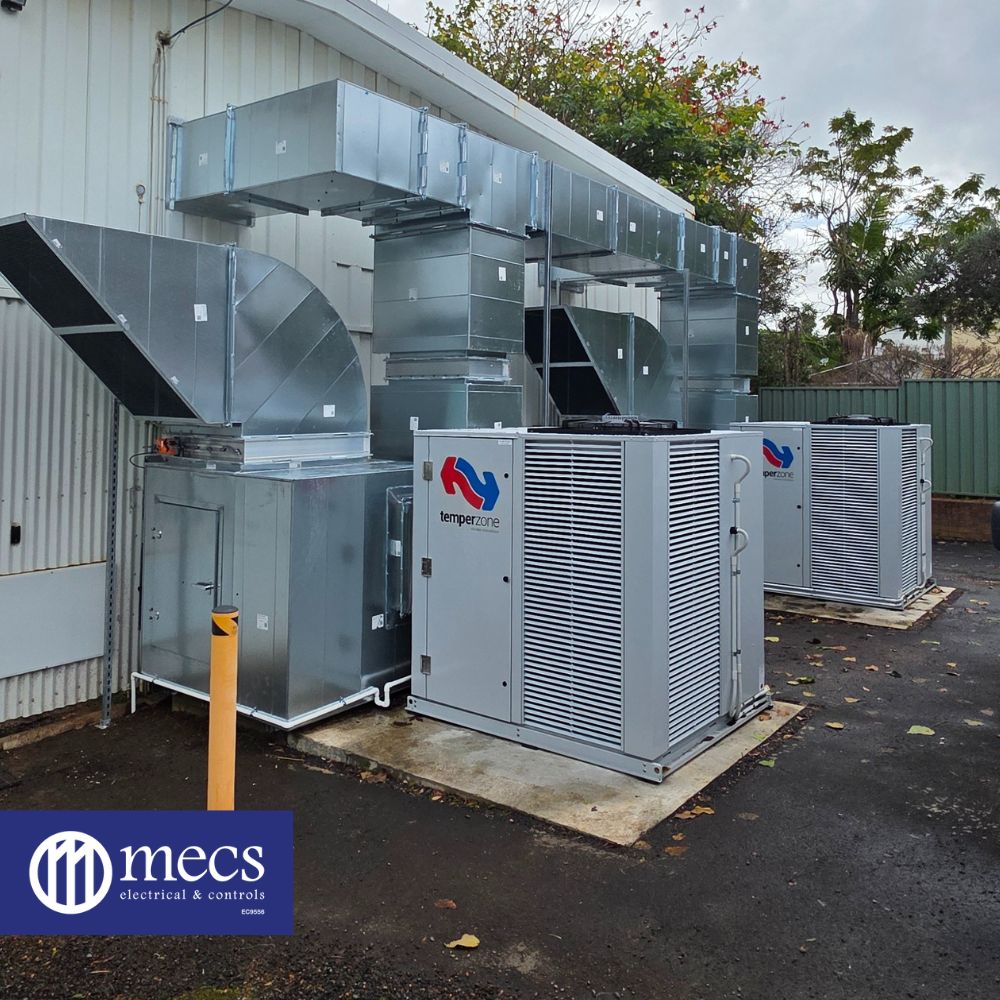
Vocational education plays a crucial role in equipping individuals with practical skills tailored to specific industries. Unlike traditional academic pathways, vocational training focuses on hands-on learning and real-world application. This approach provides students with the skills needed to excel in their chosen fields.
Understanding Vocational Education
Vocational education and training (VET) is designed to prepare students for specific trades or careers. It encompasses a range of programs, including apprenticeships, traineeships, and other specialised courses. The primary goal of vocational education is to provide students with the practical skills and knowledge required to perform job-specific tasks effectively.
Unlike traditional academic courses, which often focus on theoretical knowledge, vocational education emphasises hands-on experience. This method ensures that students are well-prepared for the workforce, with skills that can be immediately applied in real-world settings.
Industry-Relevant Skills
One of the most significant advantages of vocational education is its focus on industry-relevant skills. Students engage in training that mirrors the requirements of their chosen profession, gaining knowledge and abilities that are directly applicable in the workplace. Here are some key areas where vocational education provides practical skills:
1. Technical Skills
Vocational education often includes specialised technical training relevant to specific industries. For instance, students in automotive programs learn about vehicle maintenance, repair techniques, and diagnostic procedures. Similarly, those in electrical courses gain hands-on experience with wiring, circuitry, and electrical systems. These technical skills are essential for performing job tasks efficiently and effectively.
2. Practical Problem-Solving
In vocational education, students are frequently faced with real-world scenarios and problem-solving exercises. This practical approach helps them develop critical thinking and problem-solving skills. For example, in a construction course, students might be tasked with designing and building a structure, requiring them to apply their knowledge of materials, safety protocols, and construction techniques.
3. Industry-Specific Tools and Equipment
Vocational training provides students with experience using industry-specific tools and equipment. For example, students in a plumbing program learn how to use various tools such as pipe wrenches, soldering irons, and pressure gauges. Familiarity with these tools is crucial for performing job tasks accurately and safely.

Soft Skills Development
In addition to technical skills, vocational education also focuses on developing essential soft skills. These skills are critical for success in any profession and include:
1. Communication Skills
Effective communication is vital in any job. Vocational education programs often include components that focus on improving verbal and written communication skills. This training helps students interact with clients, colleagues, and supervisors in a professional manner.
2. Teamwork and Collaboration
Many vocational programs incorporate group projects and team-based activities. These experiences help students develop teamwork and collaboration skills, which are crucial for working effectively in a professional environment. Learning to work well with others, manage conflicts, and contribute to a team’s success are valuable skills gained through vocational education.
3. Time Management
Vocational education often requires students to manage multiple tasks and deadlines. This experience helps them develop strong time management skills, enabling them to prioritise tasks, meet deadlines, and handle the demands of a professional role efficiently.
Real-World Experience
A key benefit of vocational education is the opportunity for real-world experience. Many programs include work placements, internships, or practical training components that allow students to apply their skills in a professional setting. This hands-on experience is invaluable for several reasons:
1. Exposure to Industry Standards
Real-world experience provides students with exposure to industry standards and practices. They learn how businesses operate, adhere to regulations, and meet client expectations. This exposure helps bridge the gap between classroom learning and actual job requirements.
2. Networking Opportunities
Work placements and internships offer students the chance to build professional networks. These connections can be instrumental in securing future employment, as students have the opportunity to demonstrate their skills and make a positive impression on potential employers.
3. Job Readiness
Practical experience gained through vocational education enhances job readiness. Students who have completed work placements or internships are often more confident and prepared to enter the workforce. They have already navigated workplace challenges and demonstrated their abilities in a real-world environment.

Career Pathways and Employment Opportunities
Vocational education can significantly impact career pathways and employment opportunities. Here’s how:
1. Industry Recognition
Many vocational programs are designed in collaboration with industry partners, ensuring that the training provided meets current industry standards. Graduates of these programs often receive industry-recognised qualifications, which can enhance their employability and career prospects.
2. Skill Specialisation
Vocational education allows individuals to specialise in specific areas of interest. For example, a student who completes a certificate in digital marketing may pursue a career as a digital marketing specialist, while someone who completes a course in hospitality management may work in restaurant or hotel management. Specialisation can lead to more targeted career opportunities and increased job satisfaction.
3. Pathways to Further Education
Vocational education can also serve as a pathway to further education and career advancement. Many vocational programs offer pathways to higher education qualifications, such as diplomas or degrees. This flexibility allows individuals to build on their vocational training and pursue additional educational opportunities if desired.
Conclusion
Vocational education provides a practical and effective approach to learning, equipping individuals with the skills needed to succeed in specific industries. By focusing on hands-on experience, industry-relevant skills, and real-world application, vocational training prepares students for the demands of the workforce.










